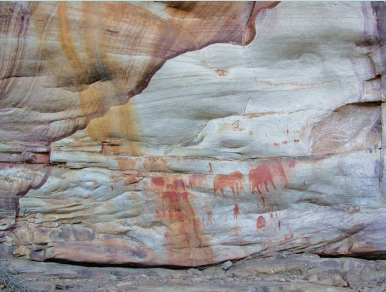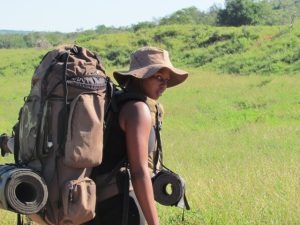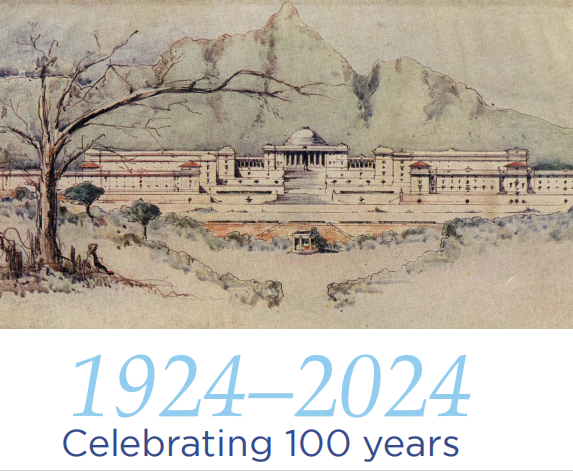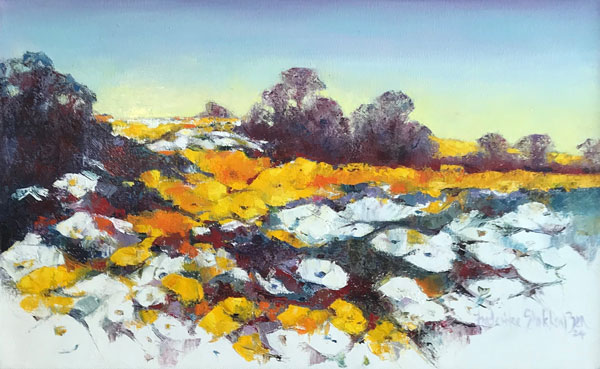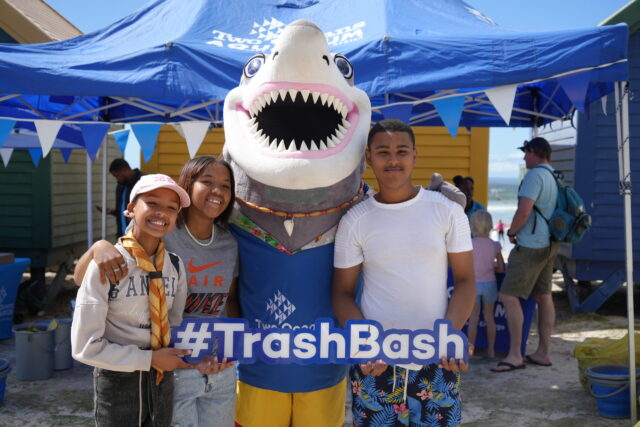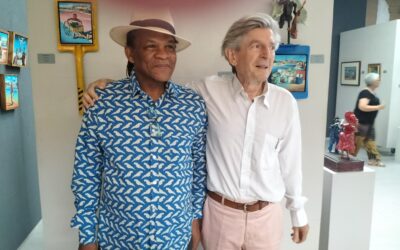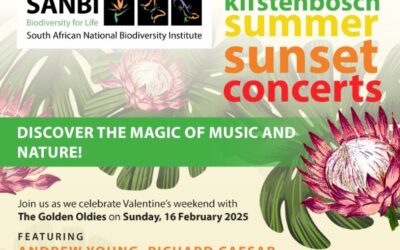Conservation Nature Heritage – three issues that are covered in the UCT Summer School 2024 programme, with these being some highlights listed below. See HERE for the full programme starting with LITERATURE, ART, MUSIC through to practical courses and film. LOTS to choose from!
LAETOLI FOOTPRINTS
Professor Charles Musiba, Department of Anthropology, University of Colorado Denver, United States
Tuesday 23–Wednesday 24 January 5.00 pm COURSE FEES R220; Staff and students R110 BOOK HERE
The volcanic-derived sediments at Laetoli in northern Tanzania preserve a plethora of fossilised fauna remains and animal trackways that provide evidence of human origins in eastern Africa 3.66 million years ago. Of particular interests are hominin remains and footprints assigned to Australopithecus afarensis. Ongoing research at Laetoli has recovered hominin remains, including two robust-like mandibles that will provide significant information on the possible existence of multiple species of australopithecines at Laetoli between 3.5 and 3.8 million years ago.
Lecture titles
1. Hominin diversity at Pliocene Laetoli
2. Who owns the past: centring conservation of hominin footprints at Laetoli
CEDERBERG ROCK PAINTINGS AS A SOCIAL ARCHIVE
Emeritus Professor John Parkington, Department of Archaeology, University of Cape Town
Monday 22–Tuesday 23 January 11.15 am COURSE FEES R220; Staff and students R110 BOOK HERE
Many Cederberg rock paintings appear to depict social and life history events and to materialise these in lasting form to create a socially meaningful landscape. As many archaeologists have noted, hunter gatherer landscapes are more than topographic or ecological spaces; they are worlds created by repetitive living in and usages of ‘persistent places’. In this way identity and belonging are co-created along with place and landscape as mutually and inextricably linked concepts. These entanglements include other living forms such as elephant communities, which are viewed as ‘other-than-human-persons’. In this course we exemplify this process by examining the rock paintings of the middle Brandewyn River in the Agter Pakhuis region of the Northern Cederberg.
Lecture titles
1. Paintings of human figures
2. Paintings of animal forms
SUSTAINABLE SEAFOOD PRODUCTION THROUGH INTEGRATED AQUACULTURE
Coordinated by Emeritus Professor John Bolton, Department of Biological Sciences, University of Cape Town
Wednesday 24–Friday 26 January 9.15 am COURSE FEES R330; Staff and students R165 BOOK HERE
More than 50% of the seafood consumed globally is produced in aquaculture, which is the farming of aquatic organisms, such as fish, abalone, sea urchins or algae in controlled environments. However, as with any farming, the environmental impact of these practices should be considered to ensure sustainable seafood production. Integrated multi-trophic aquaculture (IMTA), where the waste from one farmed species is recaptured for use by another, represents a sustainable production method that can reduce the environmental impacts of aquaculture, increase the number of species that are farmed, and increase production. For example, the solid waste excreted by abalone can be used as a food source for sea cucumbers, while the dissolved ammonia in the water can be used as a fertiliser for seaweeds. The seaweeds also act as bio-filters so that water can be re-used, and the seaweed can be used as a feed. These lectures will explore marine aquaculture and the implementation of IMTA in South Africa, and globally in the context of the EU-funded ASTRAL project.
Lecture titles
1. Overview of integrated aquaculture Dr Marissa Brink-Hull
2. Integrated aquaculture and the importance of seaweeds Emeritus Professor John Bolton
3. Sustainable strategies for improving health of intensive aquaculture systems Dr Brett Macey
SISTERS OF WILDERNESS
Karin Slater, documentary filmmaker
Saturday 27 January 1.00–3.00 pm COURSE FEES R110; Staff and students R55 BOOK HERE
When five young Zulu women venture into the wilderness, their lives change forever. Set in the iMfolozi wilderness, South Africa, the oldest game park in Africa, Sisters of the Wilderness tells the story of five young Zulu women going into the wilderness for the first time. The film explores the plight of this ancient wilderness, which is threatened by rhino poaching and open-cast coal mining. This beautiful poetic film subtly links what is happeningto wilderness areas across the world to what is happening to women.
The film will be introduced by the filmmaker, Karin Slater, who will also take questions after the screening of the film.
Other lectures with the focus on Conservation Nature Heritage
INTO THE FUTURE: THE KRUGER NATIONAL PARK AS A REGION
Professor Maano Ramutsindela, Department of Environmental & Geographical Science, University of Cape Town
Saturday 13 January 10.00 am–12.00 pm COURSE FEES R220; Staff and students R110 BOOK HERE
THE OKAVANGO DELTA: PARADISE IN PERIL
Professor Paul Skelton, ichthyologist
Saturday 20 January 1.00–2.00 pm COURSE FEES R220; Staff and students R110 BOOK HERE
IS IT STILL SAFE TO DRINK TAP WATER OR TO SWIM IN OUR WATERWAYS?
FUTURE CHALLENGES OF WATER QUALITY
Dr Kevin Winter, Department of Environmental & Geographical Science, University of Cape Town
Thursday 25 January 1.00 pm COURSE FEES R110; Staff and students R55 BOOK HERE
And do have a look at the UCT Summer School Curated Heritage Route. Curators Nadja Daehnke, Director of the Irma Stern Museum and Tessa Graaff, Managing Director of Montebello Design Centre suggest some interesting heritage sites close to UCT that are worth a visit. So, if you have some free time between courses, these are noteworthy places – some with a link to UCT – that you could visit.
WHAT: UCT Summer School – Conservation Nature Heritage
WHERE: University of Cape Town
WHEN: 15 – 27 January 2024
INFO: E ems@uct.ac.za | Full Programme | See also UCT Summer School Celebrating 100 Years
See also Cape Town Green Map

